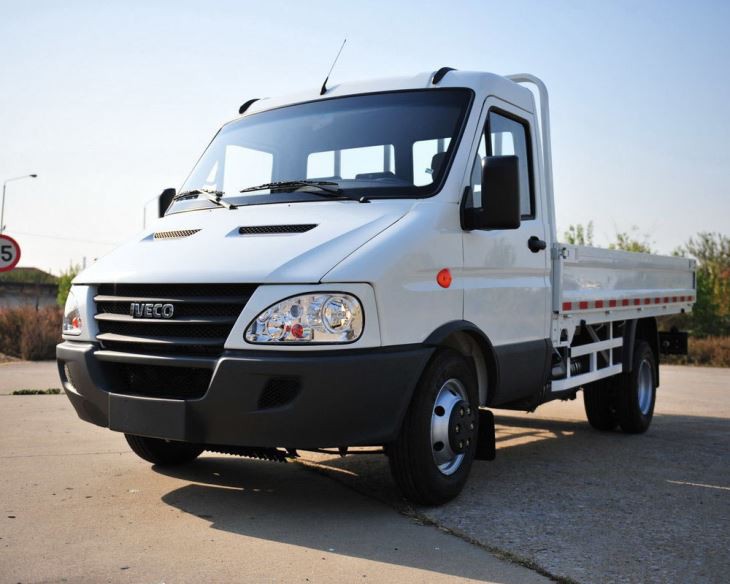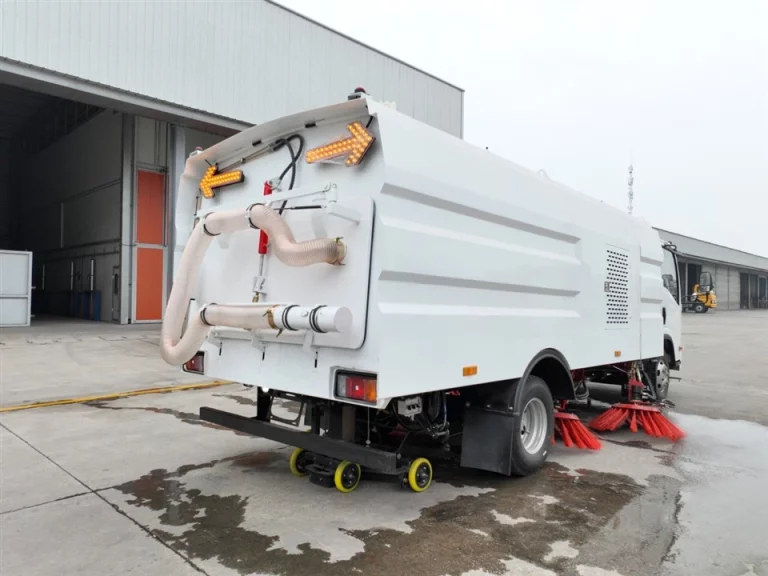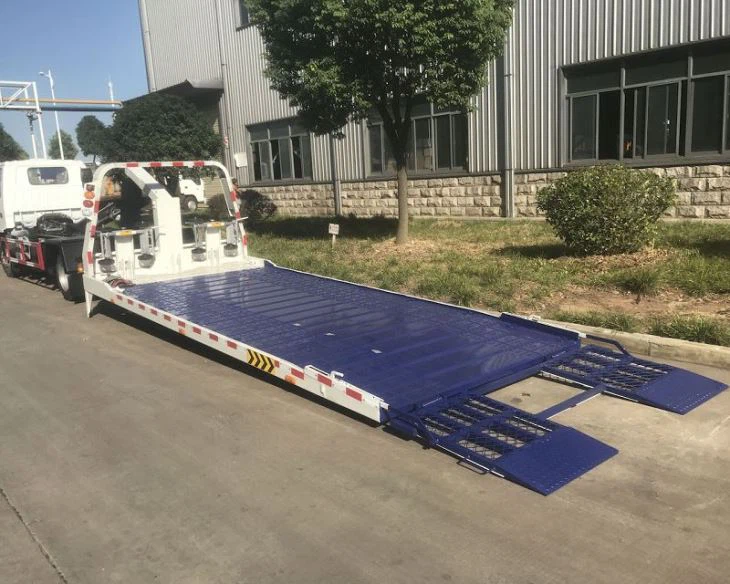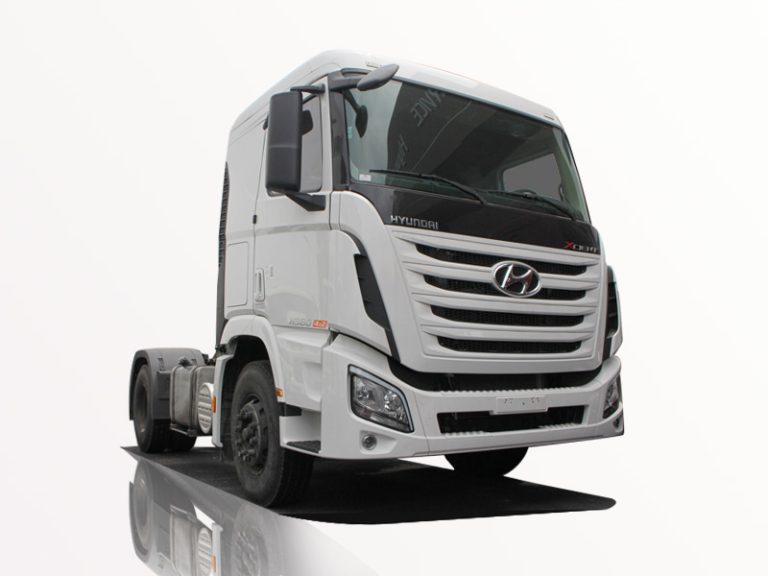When it comes to transporting fuel, having a reliable fuel truck is essential for businesses across various industries. Whether you’re in agriculture, mining, construction, or retail, the right fuel truck can streamline operations and improve efficiency. In this comprehensive guide, we will explore everything you need to know about fuel trucks for sale, from types and features to tips for buying the best one for your needs.
Understanding Fuel Trucks
Fuel trucks are specialized vehicles designed to transport fuel to different locations. They come in various sizes and configurations to meet the unique needs of different industries. Generally, fuel trucks are categorized based on their tank capacity, fuel type, and intended use. Understanding these categories can help you make an informed purchasing decision.
Types of Fuel Trucks
Fuel trucks can be classified into several main types:
1. Tanker Trucks
Tanker trucks are large vehicles designed specifically for transporting liquids, including fuel. They typically have a cylindrical tank mounted on the chassis and can carry large volumes of fuel.
2. Fuel Bowser Trucks
Fuel bowsers are smaller than traditional tanker trucks and are often used for refueling equipment on construction sites or agricultural operations. They are versatile and can easily navigate tight spaces.
3. Bulk Fuel Trucks
Bulk fuel trucks are designed to transport a wide range of fuel types, including gasoline, diesel, and jet fuel. They are commonly used in industries that require large quantities of fuel on-site.
4. Refueling Trucks
Refueling trucks are equipped with high-capacity pumps and hoses to transfer fuel quickly to various vehicles and machinery. They are essential for operating fleets in remote locations.
Key Features to Consider
When searching for fuel trucks for sale, there are several key features to consider:
Tank Capacity
The tank capacity of a fuel truck is one of the most critical factors. Depending on your needs, you may require a truck with a smaller or larger tank. Common capacities range from 1,000 to 5,000 gallons.
Material Construction
Fuel tanks are typically made from steel or aluminum. Steel tanks are known for their strength and durability, while aluminum tanks are lighter and resistant to rust.
Pump Size and Flow Rate
The pump size and flow rate determine how quickly you can transfer fuel from the truck to your equipment. Higher flow rates can improve efficiency in operations.
Safety Features
Safety is paramount when transporting fuel. Look for trucks with safety features like anti-siphon systems, emergency shut-off valves, and spill containment systems.
Regulatory Compliance
Make sure the fuel truck complies with local, state, and federal regulations. This includes having the necessary certifications and permits for transporting hazardous materials.
Where to Buy Fuel Trucks
When it comes to purchasing a fuel truck, there are several avenues you can explore:
1. Dealerships
Many dealerships specialize in heavy-duty trucks, including fuel trucks. They often have a wide range of new and used trucks to choose from and can offer financing options.
2. Online Marketplaces
Websites like Craigslist, eBay, and specialized truck sales platforms feature listings for fuel trucks for sale. Be sure to verify the seller’s credibility before making a purchase.
3. Auctions
Government auctions or industrial equipment auctions can be a great way to find fuel trucks at competitive prices. Research upcoming auctions in your area for potential bargains.
4. Manufacturers
Some manufacturers sell fuel trucks directly to customers. Purchasing directly from the manufacturer can provide you with customization options tailored to your needs.
Cost Factors
Understanding the cost factors involved in buying a fuel truck is crucial for budgeting:
1. New vs. Used
New fuel trucks can be more expensive, ranging from $20,000 to over $100,000 depending on the size and features. Used trucks can be significantly cheaper but may come with higher maintenance costs.
2. Additional Equipment
Consider any additional equipment or modifications you might need, such as pumps, hoses, or spill kits. These can add to your overall costs.
3. Insurance and Licensing
Operating a fuel truck requires insurance coverage and potentially licensing fees. Factor these costs into your budget when purchasing a fuel truck.
Cost Comparison Table
| Type of Truck | New Price Range | Used Price Range |
|---|---|---|
| Tanker Truck | $50,000 – $100,000 | $20,000 – $70,000 |
| Fuel Bowser Truck | $30,000 – $60,000 | $15,000 – $40,000 |
| Bulk Fuel Truck | $70,000 – $120,000 | $30,000 – $80,000 |
| Refueling Truck | $40,000 – $80,000 | $20,000 – $50,000 |
Financing Options
If upfront costs are a concern, several financing options are available:
Bank Loans
Traditional bank loans can facilitate purchasing a fuel truck. It’s essential to have good credit and a solid business plan when applying.
Leasing
Leasing a fuel truck can allow you to acquire the vehicle at lower monthly payments. At the end of the lease term, you may have the option to buy the truck.
Seller Financing
Some sellers offer financing options, which can be an attractive alternative to traditional loans. This may also simplify the buying process.
Government Grants and Loans
Investigate any government grants or loans specifically available for businesses in your sector, especially for eco-friendly fuel usage or alternative fuel trucks.
Practical Tips for Buying a Fuel Truck
Before finalizing your purchase, consider these practical tips:
1. Evaluate Your Needs
Consider how much fuel you will transport, the type of fuel, and the distances involved. This will guide your choice in tank size and type.
2. Inspect the Vehicle
Always inspect the truck in person. Check for any signs of wear, rust, or damage. If possible, consider getting a third-party inspection to ensure the truck’s condition.
3. Test Drive
A test drive allows you to assess the vehicle’s performance. Pay attention to braking, steering, and overall handling.
4. Review Maintenance Records
Ask for the truck’s maintenance records to understand its upkeep history. A well-maintained vehicle is likely to have fewer issues down the road.
5. Negotiate the Price
Don’t hesitate to negotiate the price. Research the market value of the truck to ensure you are paying a fair price.
Maintenance Tips for Fuel Trucks
Once you’ve purchased a fuel truck, proper maintenance is vital to ensure longevity and reliability:
1. Regular Inspections
Perform regular inspections to identify issues before they become significant problems. Check the tank, pump, hoses, and valves frequently.
2. Keep Detailed Records
Maintain detailed records of all maintenance and repairs. This documentation can help track performance and ensure compliance with regulations.
3. Clean the Tank
Regularly clean the fuel tank to prevent contamination. This is especially important for older trucks that may have accumulated sludge or debris.
4. Follow Manufacturer Guidelines
Always adhere to the manufacturer’s maintenance guidelines and recommendations. This ensures the truck operates efficiently and safely.
FAQs About Fuel Trucks for Sale
What is the average lifespan of a fuel truck?
The average lifespan of a fuel truck can be 10 to 20 years, depending on its maintenance and usage.
Do fuel trucks require special licenses to operate?
Yes, operating fuel trucks typically requires a special hazardous materials endorsement on your driver’s license, along with other compliance certifications.
How do I ensure my fuel truck is compliant with regulations?
Stay informed about local and federal regulations regarding fuel transportation. Regularly check if your vehicle meets all safety and compliance requirements.
Can I convert a regular truck into a fuel truck?
While it is technically possible, it is not advisable due to safety and regulatory concerns. It’s better to purchase a truck specifically designed for fuel transport.
What are the best brands for fuel trucks?
Some popular brands include Kenworth, Peterbilt, Freightliner, and International. Research each brand’s reputation for reliability and service support.
How do I find a reputable seller for fuel trucks?
Look for established dealerships with positive reviews and a good reputation in the industry. Consider asking for recommendations from others in your field.



